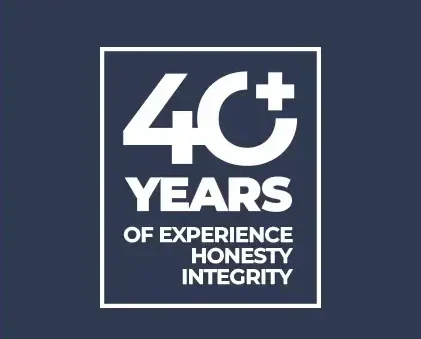
LAST WILLS & TESTAMENTS IN NORTHERN COLORADO
Serving Fort Collins, Loveland, and Larimer Counties
Wills are popular estate planning tools that allow our clients to identify who will inherit their assets at death. Without a will, certain family members might walk off with your most valuable possessions. To avoid this result, you should contact Ores Law to discuss drafting a will. Our clients enjoy taking control of who will inherit from them, and we can discuss this and other estate planning tools in a confidential meeting. Call to speak with a Fort Collins Loveland Larimer County Northern Colorado wills attorney.
Ores Law
Valid Wills
in Colorado
A will is only valid in Colorado if it was created by a testator who is 18 or older and who is of sound mind. Typically, the testator needs to know what their assets are and who their family is. A testator must sign the will voluntarily and not be unduly influenced or coerced by anyone. The state does not allow for oral wills, so it must be in writing.
Colorado Revised Statutes § 15-11-502 identifies the proper method of execution:
- Signed by the testator or signed by another person at the testator’s direction and in their presence; and
- Signed by two witnesses, or
- Acknowledged by the testator before a notary
Colorado also recognizes holographic wills, which are handwritten. Unfortunately, many questions can arise after death as to whether you really drafted a holographic will, so you should work closely with a Fort Collins wills attorney to create this document.
Why Do You Need a Will?
A will accomplishes many purposes:
- You identify who will inherit assets. You can leave your entire estate to one or more people, or you might also leave specific assets to individuals. As an example, you might leave a house to your son and a summer home to your daughter. You then leave the rest of the estate to your spouse.
- You name a personal representative. This person is charged with handling your estate after death. They collect assets, bring lawsuits, and decide which creditor claims to pay. This is an important job, and you want the right person to serve you.
- You name guardians for minor children. If both parents die, someone will need to raise your children, and you can identify them in your will.
Do All Estate Assets Pass Through a Will?
No. For this reason, we rarely use only a will. There are other estate planning tools to consider. Only the assets in your estate at death pass through a will.
Some assets will pass according to a beneficiary designation. This includes life insurance, retirement accounts, and payable-on-death (POD) accounts.
Other assets automatically go to someone who jointly owns the asset. For example, two spouses might own their home as joint tenants with the right of survivorship. When one dies, the other automatically assumes full ownership of the house.
You might also have a trust, which does not pass through probate. Many clients put assets in a living trust and identify who will inherit them when they die.
Ores Law
Changing
or Revoking a Will
Once you create a will, you might want to change it. You can amend a will with a codicil, which must meet the same requirements as the will. You should avoid revising a will by crossing out language with a pen or adding comments in the margin. Instead, consult a Fort Collins Loveland Larimer County Northern Colorado wills attorney.
There are many reasons to amend a will:
- You change your mind about who will inherit from you.
- One of your beneficiaries has died before you, and you want to name someone else to inherit an asset.
- You get divorced. Under Colorado law, divorce automatically revokes any personal representative designation or any bequest to your ex. Most people re-do a will after divorce.
- Your personal representative has moved away or died before you, and you need to name a replacement.
- You have had a child since creating your will and want to provide for them in a will.
You can also revoke a will. However, you should draft a new one at the same time. If you die without a will, then probate assets will pass to your heirs according to Colorado’s intestate rules. That means some assets might go to people you do not want to inherit from you.
Call Our Attorney Today
Attorney Nicholas Ores has helped countless families in Colorado create estate plans, including wills. He is a noted problem solver who knows how wills interact with other tools, like trusts. He can efficiently solve estate planning problems so that you reap the benefits at a reasonable price. Call Ores Law today to schedule a consultation.
FORT COLLINS | LOVELAND | SURROUNDING AREAS

Please fill out the form to the right and we will get in touch with you shortly.
Magell Candelaria
I called 4 lawyers seeking help with my family trust matter. Nick Ores was the only one to return my call. He verified he could assist with my request and promptly provided instructions on how we would proceed with document delivery and filing. All were executed flawlessly and in short order. I was fully satisfied with the Law Office of Nicholas Ores and would recommend him to anyone.


